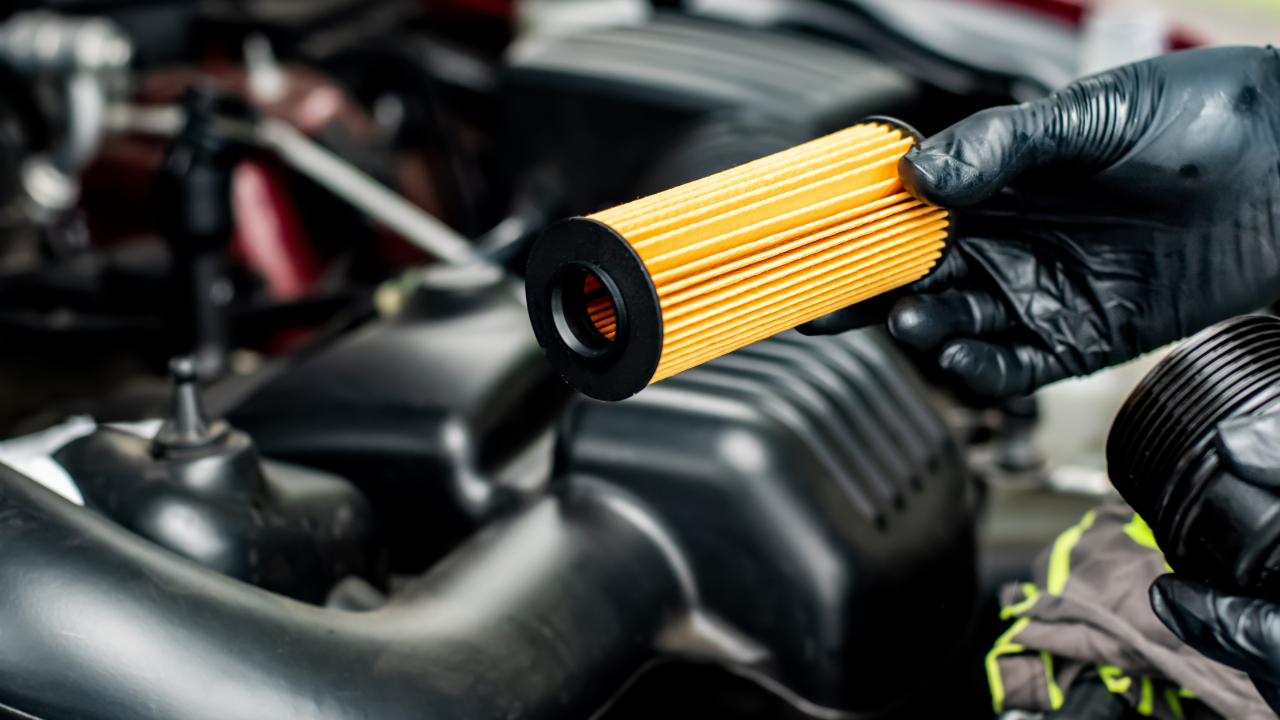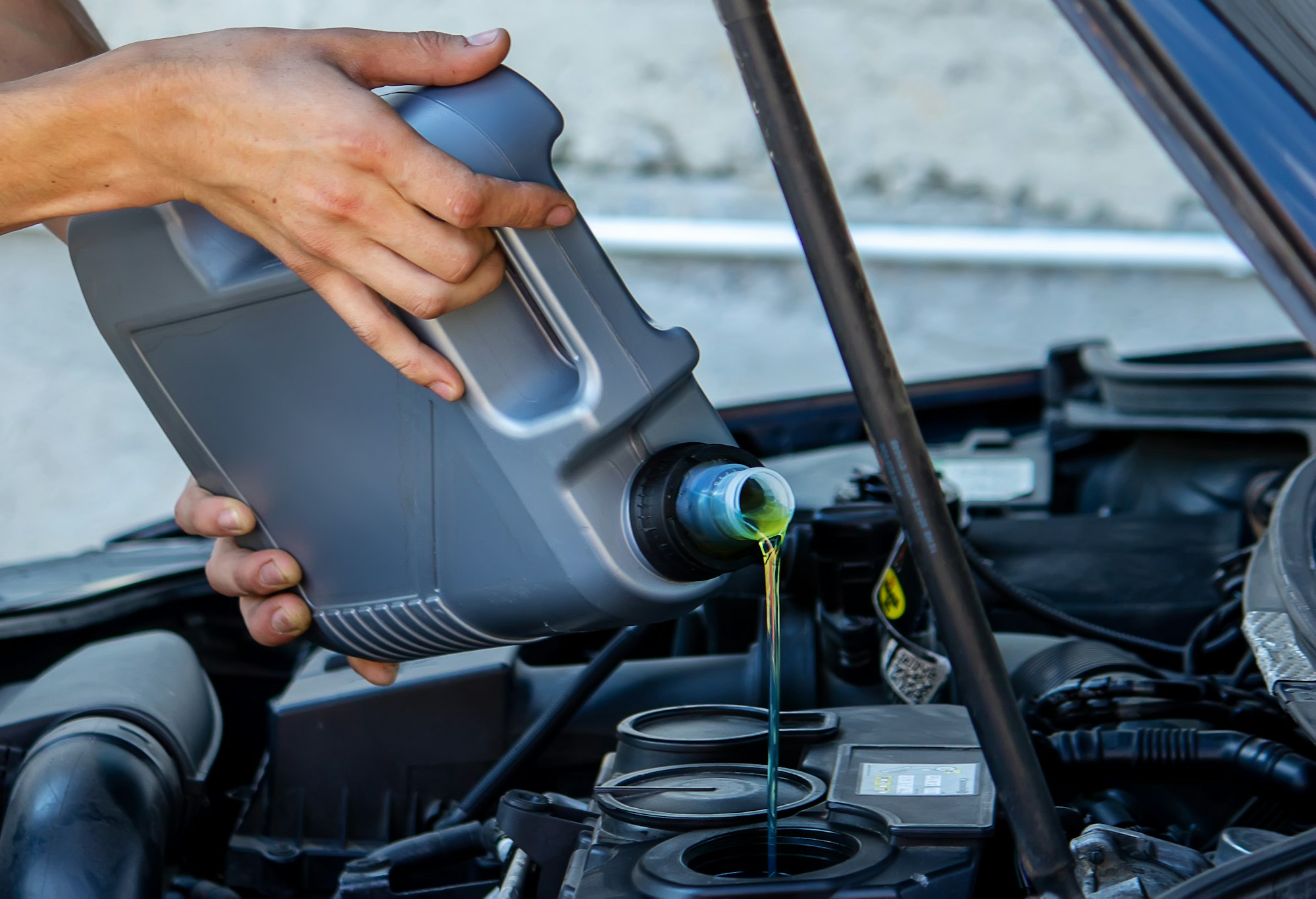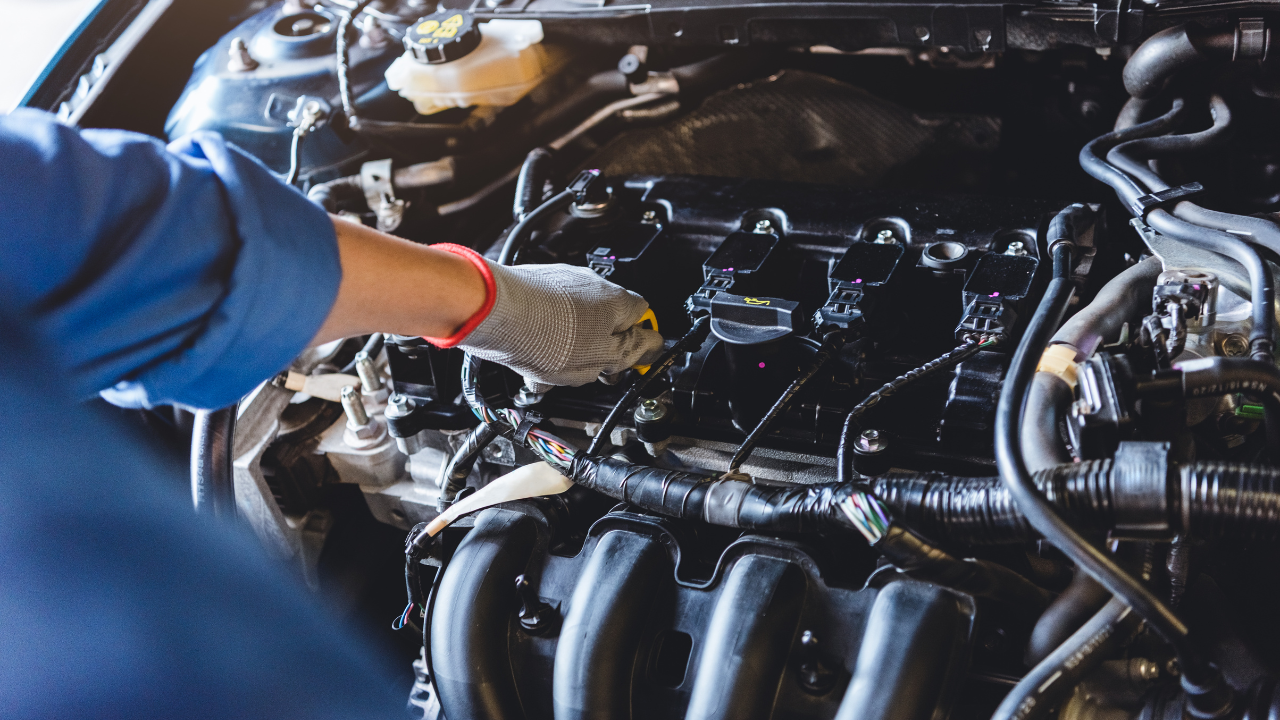Oil is an essential component in the operation of many vehicles and machinery, serving as a lubricant to reduce friction and wear on moving parts. However, when you notice a strong gas smell from your car or other equipment, it can cause concern so you have to fix oil that smells. Not only can it be unpleasant, but it may also indicate a potential issue with your oil. The smell of gas in your oil can indicate various underlying problems ranging from simple matters such as a leak to more serious ones like engine damage.
As a car or equipment owner, it is crucial to promptly identify and fix oil that smells like gas to avoid costly repairs or breakdowns. Here, we will discuss the common causes of gasoline odors in oil, how to properly diagnose the issue, and steps you can take to fix oil smells. You can keep your vehicle or machinery running smoothly and efficiently by addressing these smells promptly and taking the necessary steps. After identify the issue you should dispose your contaminated oil.
Detect and Address Fuel Contamination

One of the common issues that car owners may encounter is the presence of fuel contamination in their vehicle’s oil. This can be indicated by a strong smell of gas from the oil or if the oil dipstick smells like gas.
Fuel contamination occurs when gasoline finds its way into the engine oil, leading to various problems, such as reduced engine performance, increased wear and tear, and potential damage to engine components. When faced with such a situation, it is important to promptly address the issue to prevent further damage and maintain the overall health of your vehicle.
Check for Gas in the Oil

To identify if your oil smells like gas, it is crucial to perform an oil inspection. Start by ensuring your vehicle is parked on a level surface, and the engine is turned off. Open the hood and locate the dipstick, usually identified by a bright-colored handle. Carefully remove the dipstick and wipe it clean with a lint-free cloth or paper towel. Insert the dipstick back into the oil reservoir and then remove it again to examine the condition of the oil.
If the oil appears thin and discolored and has a strong odor resembling gasoline, it is likely contaminated with fuel. Additionally, excessive bubbles or a frothy consistency on the dipstick could indicate the presence of gas in the oil. If you notice any of these signs, it is essential to address the issue promptly to prevent further damage and maintain the optimal performance of your engine.
Causes and Potential Damage

Various factors, including fuel system issues or engine problems, can cause gasoline odor in engine oil. One possible cause is fuel leakage, where gasoline enters the oil due to a faulty fuel injector, fuel pressure regulator, or a damaged fuel line. Another potential cause is incomplete combustion, which can occur when the fuel-air mixture is not adequately ignited in the combustion chamber. This can lead to unburned fuel in the oil, resulting in a gas-like smell. Regardless of the cause, it is crucial to address this issue promptly, as it can lead to potential damage to your vehicle’s engine.
The gasoline can dilute the oil’s lubricating properties, affecting the engine’s overall performance and potentially causing accelerated wear and tear on the internal components. Furthermore, gasoline in the oil can increase the risk of engine knocking, misfiring, or even complete engine failure if left unattended. Therefore, it is essential to identify and fix the issue promptly to prevent further damage and ensure the longevity of your vehicle’s engine.
Steps to Fix the Issue

You can take several steps to fix the issue of oil smells like gas. First, it is essential to identify the source of the problem. Start by checking the fuel injectors, fuel pressure regulators, and fuel lines for any signs of leakage or damage. If any issues are found, these components should be repaired or replaced as necessary. Additionally, consider checking the air-fuel mixture in the combustion chamber to ensure it is adequately ignited.
Consult a professional mechanic to perform a diagnostic test and adjust the mix accordingly. Once the root cause is addressed, it is crucial to drain and replace the contaminated oil with fresh, clean oil. Be sure to follow your vehicle manufacturer’s recommendations for the type and viscosity of oil to use. Regularly monitor the oil levels and perform oil changes at the recommended intervals to maintain the engine’s health and prevent future occurrences of oil smelling like gas.
Fix Oil That Smells in Future

To prevent future occurrences of oil smelling like gas, there are a few steps you can take to maintain the health of your engine. Firstly, ensuring the fuel system is maintained correctly is essential. Regularly inspect fuel lines, injectors, and the fuel pressure regulator for any signs of leaks or damage. Address any issues promptly to prevent fuel from contaminating the oil. Additionally, consider using high-quality fuel from reputable sources to minimize the chances of impurities entering the system.
Furthermore, regular maintenance of the combustion chamber, including spark plug inspection and replacement, can ensure proper ignition and prevent the buildup of unburned fuel in the oil. Lastly, adhere to the recommended oil change intervals and use the appropriate type and viscosity of oil for your vehicle to maintain optimum engine performance. Following these preventive measures can minimize the likelihood of experiencing oil smells like gas in the future.
Final Words
It is essential to quickly identify and address any oil smells that resemble gas in your vehicle. Ignoring these smells can lead to costly repairs and potential safety hazards. Following the steps outlined in this post, you can confidently identify and fix any oil smells in your car. Regularly check and maintain your vehicle’s oil levels to prevent future issues.
If the problem persists, it is always best to consult a professional mechanic. Keep your car running smoothly and safely by staying aware of potential oil smells and addressing them promptly.

